Contents
I f youre picking up this book, you are ready for a change. Youre looking for relief from the uncomfortable feelings associated with acid refluxindigestion, heartburn, and more. When you recognize and can manage the foods and beverages that make the condition worseand better!you can start feeling better almost immediately. In addition, youll learn how much the slow cooker can be your friend. Gather the ingredients, assemble them in the cooker, and go. Delicious and healthy meals will be waiting for you when you are ready for them.
Another significant benefit of slow-cooked meals for sufferers of reflux is that when foods are cooked over long periods of time, it makes them easier to digest overall. Reflux sufferers often have weak digestive systems as a consequence of the condition, and slow-cooked meals are gentle on their systems.

About Acid Reflux
We are all familiar with the numerous advertisements on television for antacids to relieve indigestion, heartburn, and gasall conditions related to stomach juices coming up the throat. There are lots of ads for these medications, because there are lots of people using them. An article in USA Today in 2011 reported, A recent study found that 1 in 10 people buys an antacid at least once a month. Sales of antacids nationwide jumped 7% in 2010, pulling in $1.2 billion, according to Drug Store News , a publication on the pharmaceutical industry.
Thats right: Antacids are a billion-dollar industry here in the United States, and growing. With increased research on the subject, its believed that theres a 50/50 chance that anyone over the age of 40 has some form of acid reflux. The incidence is spreading to younger people, too. And its afflicting those who are in good shape as well as those who arent.
The burning and uncomfortable feelings of indigestion and heartburn are only the tip of the iceberg. Reflux can cause many other symptoms, even without the feeling of indigestion.
Do you experience any of the following symptoms regularly?
 Some form of heartburn (chest pain after eating)
Some form of heartburn (chest pain after eating)
 Trouble swallowing
Trouble swallowing
 A chronic cough
A chronic cough
 Shortness of breath
Shortness of breath
 Hoarseness in the morning
Hoarseness in the morning
 Post-nasal drip
Post-nasal drip
Dr. Jamie Koufman, author of Dropping Acid: The Reflux Diet Cookbook & Cure , coined the term silent reflux to incorporate many of the symptoms that are commonly associated with asthmas and allergies but are often caused by reflux. It turns out that acid alone isnt the primary culprit. Digestive acid works along with the digestive enzyme pepsin, which is one of many digestive enzymes but which targets the breakdown of proteins. Pepsin cant work without acid, though: When acid is present, pepsin goes to work breaking things down. The thing is, it doesnt matter to pepsin whether its source of acid is coming up from the stomach or down from something being ingested. If its in the tissues of your throat, voice box, or esophagus, it can be reactivated with any source of acid.
Ultimately, then, if dietary acids are minimized, pepsins have less to work with, and tissue can heal, relieving reflux symptoms. Diet can play a large part in this.
Eating to Manage Acid Reflux
If you want to feel better and experience less reflux, you will need to become familiar with what foods and beverages are okay to consume on a regular basisand which are not. Remember, too, that everyone is different. If you are doing your best to follow the guidelines in this cookbook and other low-acid resources and you arent feeling any improvement, there may be something else going on. Work with a trusted medical professional for best results.
Lets cut to the chase: The following list is of foods that should be avoided . They are certifiably inappropriate foods for sufferers of reflux. Why? Because theyre loaded with acid.
Key offenders:
 Alcoholic beverages (all beer, wine, and spirits)
Alcoholic beverages (all beer, wine, and spirits)
 Coffee, tea, and other caffeinated (or decaffeinated) beverages; if you cant live without coffee, limit it to no more than 1 cup a day
Coffee, tea, and other caffeinated (or decaffeinated) beverages; if you cant live without coffee, limit it to no more than 1 cup a day
 All carbonated beverages
All carbonated beverages
 Citrus fruits and juices
Citrus fruits and juices
 Tomatoes and tomato sauces
Tomatoes and tomato sauces
 Raw onions and garlic
Raw onions and garlic
 Vinegar
Vinegar
 Chocolate (the higher the fat content, the worse it is for you; for example, a milk chocolate will exacerbate reflux more than a lower-fat dark chocolate)
Chocolate (the higher the fat content, the worse it is for you; for example, a milk chocolate will exacerbate reflux more than a lower-fat dark chocolate)
 Fatty meats, including beef, pork sausages, ribs, etc.
Fatty meats, including beef, pork sausages, ribs, etc.
 Anything deep-fried
Anything deep-fried
 Hot sauces and hot peppers
Hot sauces and hot peppers

 Nuts that are high in fat, such as peanuts, cashews, and walnuts
Nuts that are high in fat, such as peanuts, cashews, and walnuts
 Peppermint and spearmint Offenders that can be used in moderation:
Peppermint and spearmint Offenders that can be used in moderation:
 Butter, margarine, shortening, or lard. These high-fat flavorings are the backbones of so many cooked foods that it is nearly impossible to sustain a diet without them. The key is to use them sparingly as flavorings or for cooking and not to overdo their use.
Butter, margarine, shortening, or lard. These high-fat flavorings are the backbones of so many cooked foods that it is nearly impossible to sustain a diet without them. The key is to use them sparingly as flavorings or for cooking and not to overdo their use.
 High-fat dairy products such as cheese and creams. Try to avoid those with the highest fat content, like whole milk heavy cream, or a cheese like Brie. Finding low- or non-fat substitutes can bring a lot of variety to your meals. Fortunately, there are a lot of choices for these in most supermarkets.
High-fat dairy products such as cheese and creams. Try to avoid those with the highest fat content, like whole milk heavy cream, or a cheese like Brie. Finding low- or non-fat substitutes can bring a lot of variety to your meals. Fortunately, there are a lot of choices for these in most supermarkets.



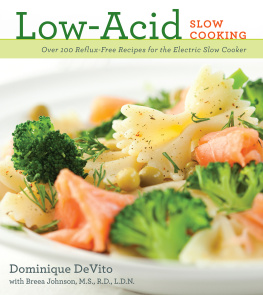
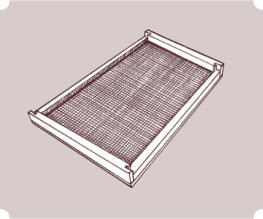

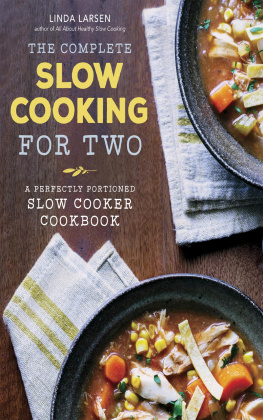
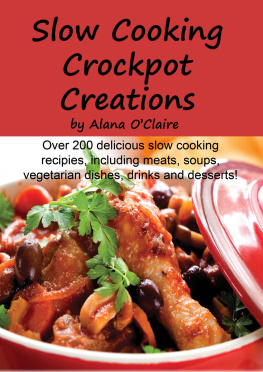
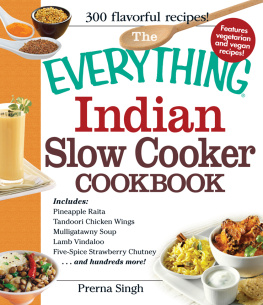
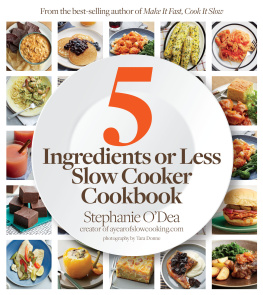
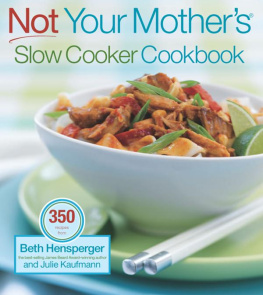
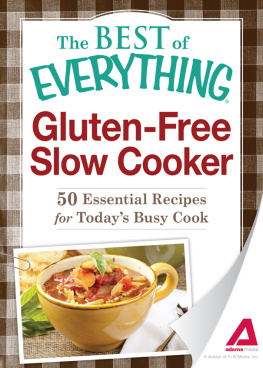
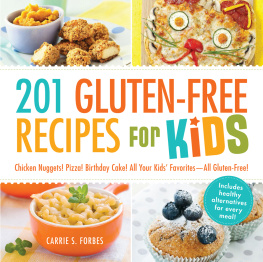
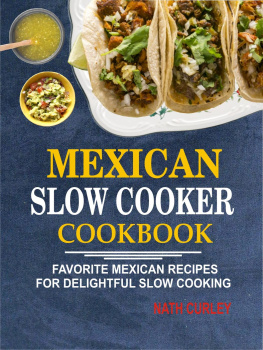


 Some form of heartburn (chest pain after eating)
Some form of heartburn (chest pain after eating)
